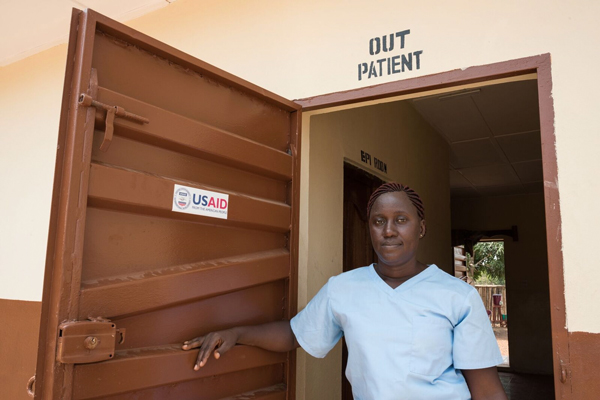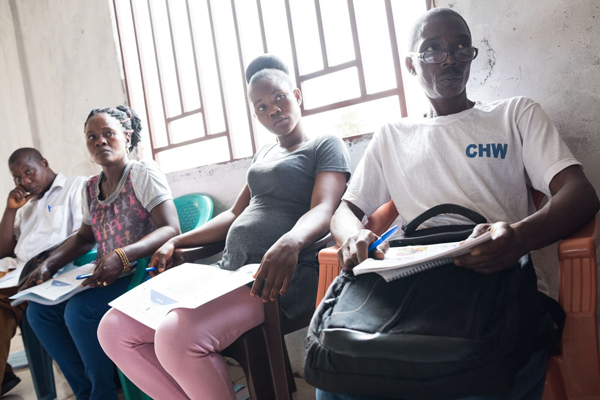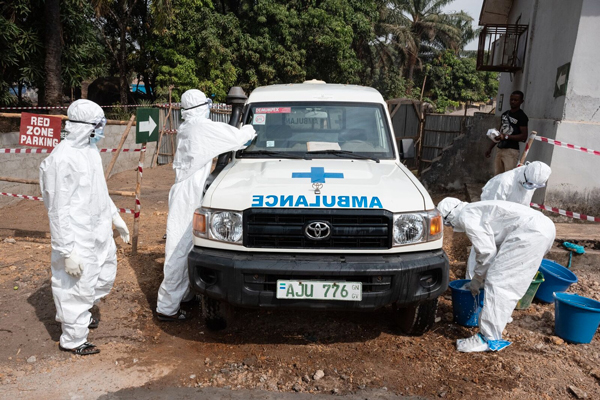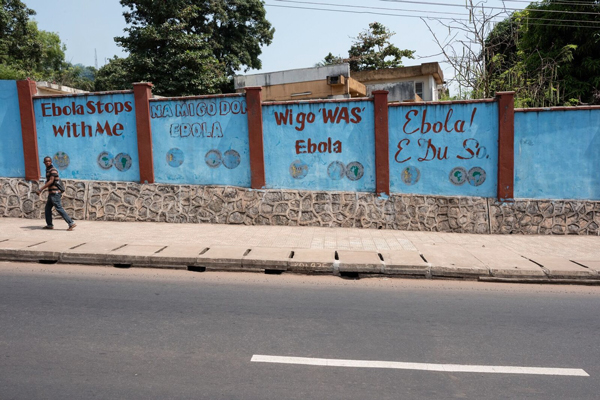Although the threat of infectious diseases is not new, the potential for rapid spread and ensuing devastation has greatly increased due to globalization. The Global Health Security Agenda (GHSA), a growing partnership of 64 nations, international organizations, and NGO stakeholders, was established in February 2014 with the vision of keeping our world safe from global health threats posed by infectious diseases. It is with this in mind that we present the resources below. Information in this section is intended for governments, donors, and those involved in activities related to global health security. The resources include some of the latest research (as of July 2018).
Global Health Security
Stories and Interventions
APC supported the West African Clinical Research Consortium’s third annual conference in Conakry, Guinea, September 7-9, 2017. The report offers thirteen survivor-specific presentations on how to improve clinical care, address stigma, and support policy related to Ebola survivors, and also presents three keys findings.
Related Journal Article(s)
This article identifies remaining scientific questions in research surrounding improved understanding, treatment and prevention of Ebola.
This article outlines the Global Rapid Response Team (GRRT) program, including recent response missions and roles in global health security. The article outlines how it can be used as a model for other countries to strengthen response systems.
This article outlines lessons from the Incident Manager of Liberia’s response, including discussion about the GH Security Agenda roadmap and other evaluations of the EVD response in Liberia.
This article provides an estimate of cases of Ebola that would have occurred had the disease spread beyond West Africa countries. With that in mind, it emphasizes the need for improved preparedness in global health security. It encourages increases in health personnel, bolstering of care facilities, developing lab capacity, and improving surveillance.
This article evaluates seven hypotheses about influence on lengths of delays between the start of an outbreak and response. It concludes that response is quicker with novel outbreaks, when the timing does not coincide with holidays, and when U.S. citizens are infected.
This article evaluates the role of community engagement, trust building, and social media in risk communication during health emergencies. Results emphasize the importance of disseminating information through local communities, and that social media should not be viewed as a replacement for traditional communication channels.
This article examines the travel of EVD through a road density index between the three countries. It finds that the density of the road network does influence incidence of Ebola and suggests a more exhaustive mapping of the area for management of future outbreaks.





